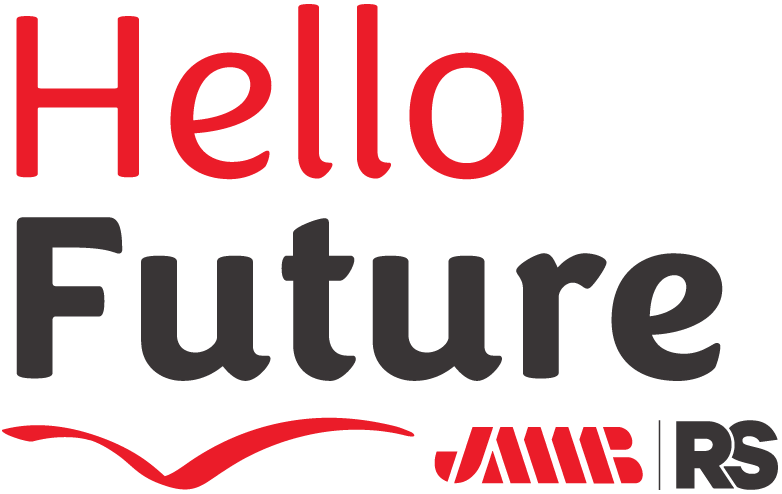

Why planning for your retirement is important
CONTEMPLATING life after retirement can be, for some, an intimidating process. The question may arise as to how one will be able to cover expenses — including medical costs — when he or she is no longer considered qualified for employment on account of surpassing the working age. This is the reality of between 80 per cent to 89 per cent of Jamaica's workforce who currently do not contribute to an approved pension scheme.
As at March 31, 2022, the Financial Services Commission (FSC) reported that 142,778 individuals or just over 11 per cent of the employed labour force was enrolled in a private pension plan. Most of these contributors would be full-time employees enrolled in a retirement scheme or a superannuation fund.
According to the FSC, "Both retirement schemes and superannuation funds are pension arrangement[s] designed to encourage Jamaicans to save towards their retirement days…One of the most striking difference between retirement schemes and superannuation funds involve the range of people eligible to benefit. Membership in superannuation funds is limited to those employed by employers that are willing to take on the various legal and administrative costs associated with such funds."
Since most of whom contribute to pensions are full-time employees, where does that leave part-time and contract employees and self-employed individuals. How will they survive? What options do they have? Where do they begin?
According to Camille Steer, senior corporate manager — fund services at JMMB Group, one of the challenges among self-employed individuals and contract workers is that they usually do not "prioritise structuring or building out a retirement portfolio" because they have narrowed their focus to how much they can earn in the present.
The self-employed person may be thinking of how he or she can reinvest in their business, she said, while a contract worker may consider how they can make their schedules more flexible to earn more money to keep up with expenses.
Underscoring, however, the need to have a long-term vision, Steer noted, "So, one of the key things that you want to ensure is that you are contributing to the National Insurance Scheme because that is one stream of income you can get at retirement. The second element is that you are going to be looking at joining an approved pension arrangement."
The third element she recommends is creating a personal investment portfolio that is diversified amongst income-earning asset classes such as stocks, bonds and unit trust funds.
By contributing to NIS and enrolling in a personal retirement scheme an individual can be guaranteed upon retirement receiving periodic — usually monthly — payments called an annuities. However, a personal investment scheme should provide the retiree with various income streams such as dividends from stocks, coupon payments from bonds, and rental income from real estate.
Critically, Steer recommends that self-employed individuals sit with financial advisor before creating "a holistic retirement plan". A key consideration that an individual must have at heart before building a portfolio is the "quality of life that I want and prioritising and being intentional about focusing on what that is going to be and if it's going to give me that peace of mind."
During the process of consulting a financial advisor, the individual should expect questions about his or her risk appetite as this will help the advisor to ascertain a risk profile — conservative, moderate or aggressive — and determine what assets best align with the individual's risk appetite and "where they are in their life cycle."
"You want someone to give an accurate assessment in terms of your risk appetite so that they can guide you in terms of the options," Steer explained.
But she pointed out that what usually obtains is that, "The younger you are is usually the more aggressive your outlook [should be] because you have a longer time before retirement. As you get older you may go into a more moderate profile [and] when you're in retirement you may have a more conservative posture because you're preserving as much as is possible."
Whereas the Pension Act encourages an individual to contribute up to 20 per cent of his or her monthly income to an individual retirement scheme, contribution can be as small as $1,000 per week or $4,333 per month.
While Steer notes that it is better to have something than nothing, and that building a portfolio can start at any time, she encourages self-employed individuals and contract workers to consider starting now and to contribute as much as they can, taking into account the quality of retirement they want to have.
She also encourages individuals to monitor their personal investments and retirement scheme. In fact, she said best practice dictates that individuals receive a yearly statement, though the financial industry is moving towards providing online monitoring.

your future starts



